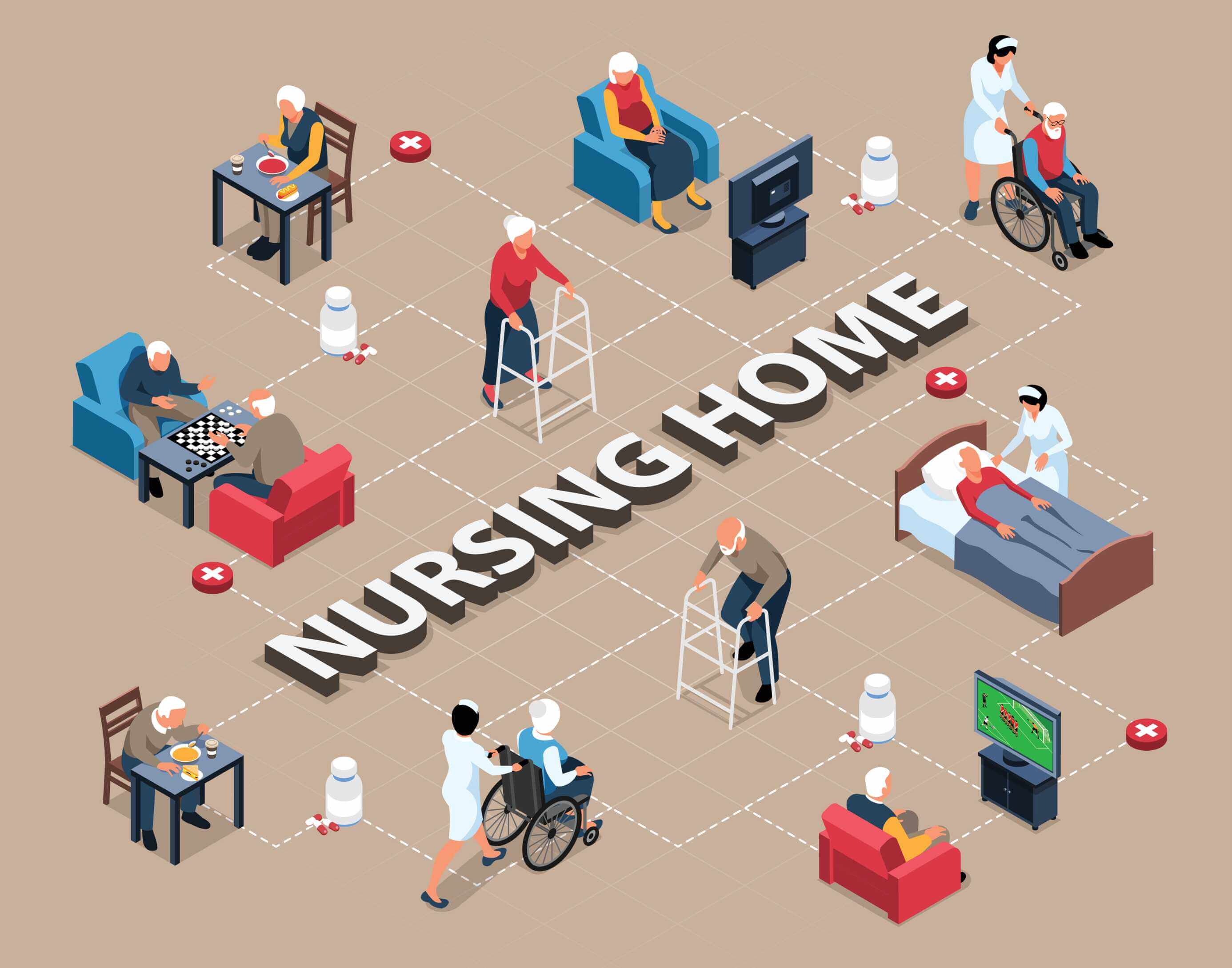Alzheimer's Care Plan: Definition, Tips, And More

A care plan can help a caregiver more easily manage their caregiving responsibilities and their personal life. It can also help them organize and prioritize the needs of the person they are caring for.
A care plan can be an important part of caring for someone with Alzheimer’s disease. It can help keep vital information about the person’s condition, medications, appointments, and care needs in one place.
This planning can also take some pressure off the caregiver because they have a plan in place that prioritizes both their own needs and the needs of the person they are caring for.
This article includes personal stories from Jennifer Fink and Sue Ryan, who have experience caring for people with Alzheimer’s disease.
Care plans are typically individualized to the caregiver and the person they are caring for. However, people may want to consider certain types of information when creating a plan.
A care plan should include essential details about the person who is receiving care, such as:
- name, birth date, and contact information
- names of relevant healthcare professionals and their contact information
- any medical conditions the person may have
- medications, dosages, and how often the person takes them
- health insurance information
- emergency contacts
It is also important for a caregiver to update the care plan each year, or more often if the person’s health or care needs have changed.
It can be beneficial to begin discussing a care plan with the person soon after their diagnosis. The conversation can involve topics such as:
- a living will
- a power of attorney
- medical decisions for later, such as:
- a do-not-intubate (DNI) order
- a do-not-resuscitate (DNR) order
- organ and tissue donation
- brain donation to scientific research
- a living trust so that a caregiver can distribute funds and property on the person’s behalf
Eventually, a person with Alzheimer’s disease will need help organizing their day. Engaging in pleasant, structured activities during the day can help reduce agitation and improve mood in people with Alzheimer’s disease.
When starting a daily care plan, a caregiver may want to consider:
- the person’s likes, dislikes, and interests
- the person’s strengths and abilities
- how the person previously structured their days
- plenty of time for meals, dressing, and bathing
- regular times for going to bed and waking up
It is also beneficial for caregivers to schedule time for themselves, even if they do something as simple as going for a short walk. Self-care is an important part of caregiving.
Learn about caring for someone with Alzheimer’s disease.
A person with Alzheimer’s disease may be able to keep up with many of the activities they enjoy doing. Often, caregivers can modify activities to suit a person’s changing abilities.
Regular activities can also help reduce the chances of certain behaviors that can occur in people with Alzheimer’s disease, such as wandering.
When choosing and planning activities, the caregiver should:
- focus on enjoyment rather than achievement
- keep in mind any physical issues the person may have
- encourage the person’s involvement in daily life
- keep an eye out for favorite activities
- consider the time of day for each activity
- adjust activities for each stage of the condition
Alzheimer’s disease can gradually reduce a person’s ability to communicate. This means that communicating with someone who has Alzheimer’s disease often requires patience, good listening skills, and understanding.
The communication-related challenges that arise can vary for each person and in each stage of the condition. Communication changes that a caregiver may notice in someone with Alzheimer’s disease include:
- having trouble finding words
- describing objects rather than calling them by name
- using familiar words repeatedly
- speaking less often
- using gestures more than speaking out loud
- having difficulty organizing words in a logical way
- reverting to speaking in their first language rather than one they learned later
Caregivers can keep the following tips in mind when communicating with someone who has Alzheimer’s disease:
- Try not to exclude the person from conversations.
- Take time to listen as they express their thoughts, feelings, or emotions.
- Speak clearly and slowly.
- Be patient and offer reassurance.
- Maintain eye contact to show interest in what they are saying.
- Ask one question at a time and give them plenty of time to respond.
- Avoid arguing.
- Give visual clues.
Learn about support groups for dementia caregivers.
People with Alzheimer’s disease often need help organizing and taking their medications. Having a plan to manage prescription and over-the-counter medications can be important to help the person avoid taking too much or too little and to avoid any medication-related issues.
The following tips can help a caregiver manage medications and avoid problems related to medication:
- Make sure all the healthcare professionals involved in the person’s care are aware of all medications and supplements the person is taking.
- Make sure to ask healthcare professionals and pharmacists about any possible medication interactions.
- Find out as much information as possible about each medication, including:
- dosage
- name
- purpose
- frequency
- side effects
- Make sure the person takes medications as directed.
- Keep a written record of all medications and carry it in a purse or wallet.
Read about medications for Alzheimer’s disease.
A caregiver can work closely with the healthcare team to create and maintain a successful care plan.
When getting ready for a visit with a healthcare professional, a caregiver can keep in mind the following tips:
- Write down issues or questions beforehand.
- Make notes about changes in behavior, routines, or eating habits, and be as specific as possible.
- Bring medications or information about medications to be sure each healthcare professional is aware of everything the person is taking.
While at the appointment, a caregiver can help the person by:
- asking questions
- discussing treatment goals
- keeping updated records of test results, medication changes, and changes to the care plan
- leaving the appointment with a plan for scheduling the next appointments or making any changes the healthcare professional has suggested
People with Alzheimer’s disease will eventually need help with daily activities, medication management, and other aspects of their routine.
Creating a care plan can help a caregiver prioritize, organize, and manage their caregiving responsibilities. Working closely with healthcare professionals can help the caregiver create and maintain the care plan.



